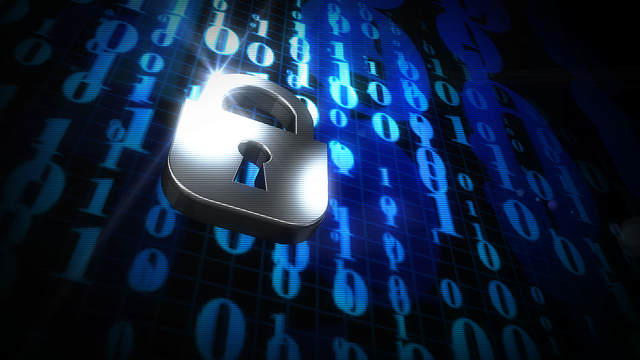Modern businesses depend heavily on the continuous availability of data be it of the customer, product, employee or financial. Data, in any form (files, emails, collaboration tool or database) must always be available when required. Just like any other asset, loss of data is also a genuine possibility and may lead to dire consequences. Data backups, in such cases, are the life savers of enterprises. There are many instances where businesses have suffered the loss of data but were able to get back on their feet very quickly because they were wise enough to backup their data.
What is back up of data?
This is one of the most important and yet an ill understood and ill implemented IT process. Backup is not merely making a copy of all the data to be used later. Backup-data consists of a copy of data that cannot be reproduced and is essential for business operation, in an organized way. The software such as operating systems, databases, commercially available systems are not backed up. However, the data in the database, the files created and stored on a computer and the data in the commercial system is always backed up. There are 2 kinds of backups. A full backup which is a copy of all the essential data in its entirety and an incremental backup that consists of only that data that has changed or has been added since the last backup run. Incremental backups save a lot of space and media requirement as compared to full backup. Moreover, incremental backups also help restore data up to a certain point, if so required.
The backup copy of the data is kept at a significant distance from the original so that if there is a natural disaster such as floods or fire, only one copy of data is damaged and the other remains safe. Most businesses fail on this point as well and keep the backup copy in the same location as the original data which defeats the purpose of taking the backup.
Read more: Cybersecurity challenges of the future
What is the need of backup?
Data can be corrupted or damaged due to a variety of reasons. Cyber-attack is just one the reasons for the same. Despite gateways, firewalls and other cyber defense systems, data loss may still occur due to following reasons.
Device failure – All mechanical and electrical devices are susceptible to failure. Traditional hard disks which have a rotating magnetic disk, form a bulk of mass storage media. These hard disks can fail due to many reasons. Sudden physical shock, damage to the reading head or fracture to the disc are just a few of reasons for disk failure. Even the newer solid state disk (SSD) devices are not totally free from failure. If the disk fails, the full back up of data is required to restore the data to its original state.
Virus/malware attack – Despite the best of antivirus software and gateways, it is still possible for some viruses or malware (such as ransom ware) with unknown signatures (the newer viruses) to sneak into the system and play havoc with data. In some cases, the virus remains undetected and gets backup along with normal data. In such situations, incremental backups are used to restore data up to last known clean and uninfected data set. This is one of the key advantages of incremental backups
In case of ransomware attack, data backup can be a boon to businesses. Instead of paying the ransom, the devices can be completely erased and backup can be used to restore data back to its normal state. This not only saves money (ransom) but also discourages future attacks as the criminals know that there won’t be any ransom coming.
Disaster recovery – Natural disasters cannot be predicted or avoided. Disasters such as fire, flood or earthquake can destroy the servers and computing machines along with the data stored on them. In such cases back up of data serves two purposes. Firstly, it is used to quickly restore data as it was before the disaster. Secondly, it is also used to set up an alternative business operation site which is used while the primary site remains unusable. In disaster recovery, data backup is critical to ensure business continuity.
Data deletion (accidental and intentional) – It is quite possible that an employee accidentally deletes some data. Some users with malign intention may also delete data from systems, on purpose. If data is completely or partially wiped out due to human error, the backup can be used to restore the data and continue the business operations quickly.
There are many other reasons why data can get corrupt and may need to be recreated. However, it is not always possible to recreate data in reasonable time or even recreate it at all. Backups restore the data quickly and enable the business to continue its operations. That is why it forms a critical part of any business continuity plan.
As an IT security partner for your business, Seqrite provides comprehensive endpoint security from advanced cyber threats. To know more, visit our website or




